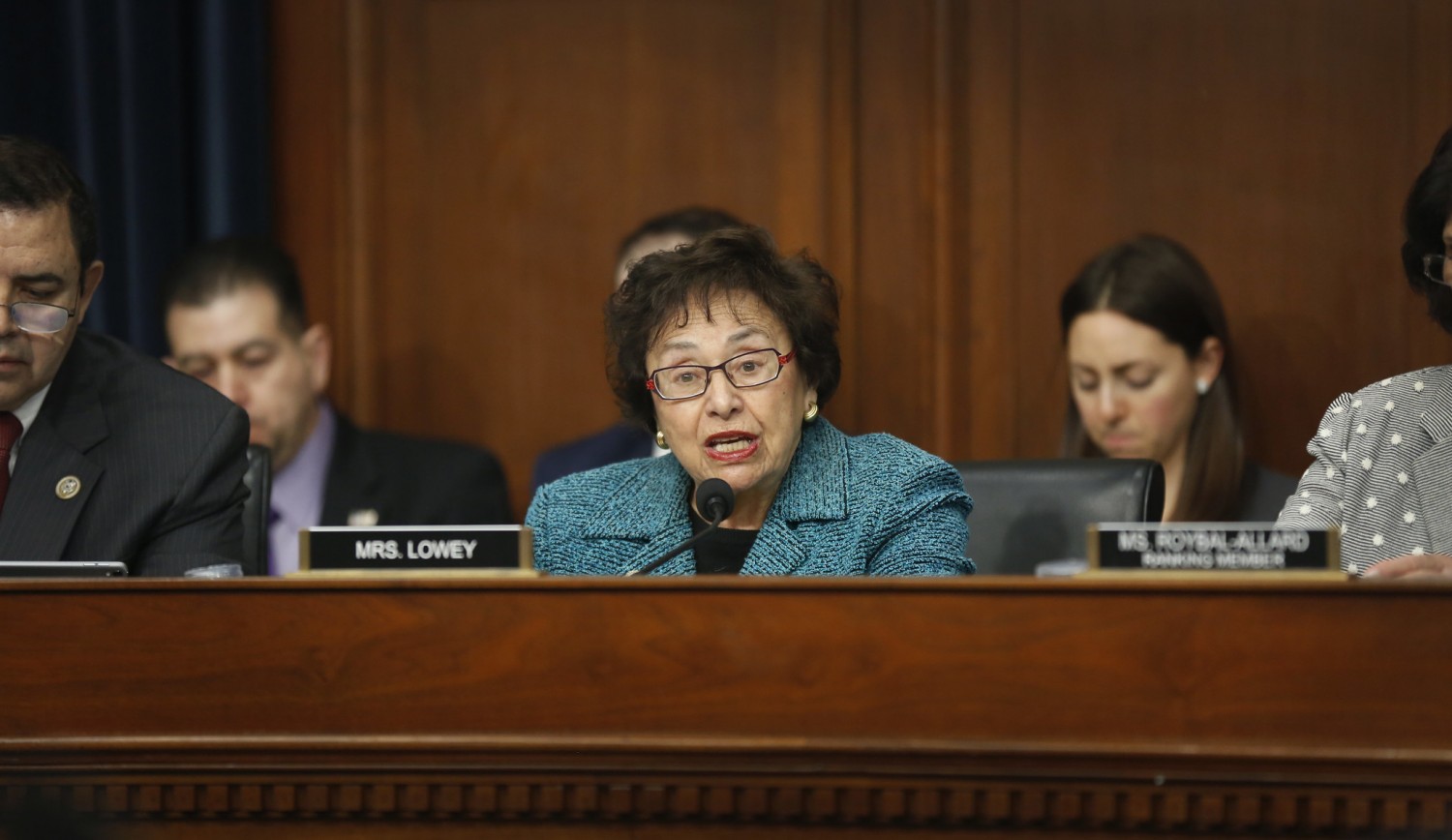Evidence increasingly shows the polarization and radicalization of young Israelis and Palestinians. In a recent poll by Hebrew University, 49% of religious Israeli teenagers and 23% of secular Israelis were in favor of stripping the Arab population of their Israeli citizenship. Meanwhile, 62% of Palestinians in the West Bank and Gaza see the two state solution as no longer viable and 41% support armed resistance against the occupation. These attitudes may seem shocking, but they are not surprising when one examines the lived experiences of Israeli and Palestinian youth. Teenagers from today were born long after the decade of optimism resulting from the Oslo Accords. Their earliest memories may be the violence of the second intifada, with the era that followed having been characterized by a greater separation between Israelis and Palestinians than ever before. Walls and checkpoints went up, and the little interaction that existed was reduced even further. For young Palestinians and Israelis, it is likely that their only interaction with one another happens through the military; one as a soldier and the other as a civilian.
In itself, choosing to meet one another is bold. It goes against the norms and systems that separate Israelis and Palestinians. However, study after study proves that these joint peacebuilding activities are successful in creating lasting relationships and in changing attitudes. One program run by the Near East Foundation found that 90% of participants in joint-peacebuilding efforts reported increased trust in the other, and 77% reported a desire for continued cross-border cooperation. While young Palestinians and Israelis are statistically hesitant in supporting peace, studies show that peacebuilding participants are the exception to the rule. New empirical support for the benefits of intergroup contact in the Israeli-Palestinian context demonstrates a different and more optimistic possibility.
The Alliance for Middle East Peace is a coalition of 150+ members, often representing different theories of change and peacebuilding methodologies. Their work ranges from technology to environmental issues, others find that religion brings them together. Meanwhile, other members organize demonstrations and arrange peace dialogues.

As a membership organization, ALLMEP does not advocate for a specific solution or approach. Some of our members support the two-state solution, others a confederation or a single state. What unites them are three core values: a belief in the fundamental equality of Israelis and Palestinians; a commitment that they must determine their futures together; and a determination to engage with the other. As difficult as that sometimes can be, it is a necessary ingredient for peace and equality. Structural political change is urgent and necessary. But, so long as attitudes, perceptions, and the drivers of violence between communities persist, politicians will continue to respond to incentives that deepen, rather than resolve, the conflict. High level political change will continue to be secondary to the lived realities on the ground.
Thanks to over 12 years of ALLMEP advocacy, the Nita M. Lowey Middle East Partnership for Peace Act was passed into law last year, bringing unprecedented levels of funding and attention to people-to-people peacebuilding work. The idea is based on a similar approach taken in Northern Ireland, where an International Fund created the civic foundations that helped to secure peace, transforming the political reality and the diplomatic horizon over time.

At ALLMEP we don’t ignore the political realities on the ground, and we know that political leadership is essential for lasting peace. However, we know that a political process is not enough without investment at the grassroots level. No matter who is president or prime minister, or where lines are drawn on a map, lasting peace will only come when Palestinians and Israelis believe that each is equally entitled to security, freedom, self-determination, and peace; that neither party is going anywhere; and that the only way to get there is by working together.
